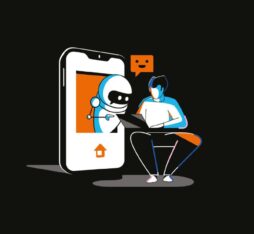Quantum computer
A quantum computer makes use of the surprising properties of quantum physics to solve certain complex problems to which conventional computers cannot find a solution. The principal of quantum superposition in particular, according to which an object can simultaneously take on several states, makes it possible to perform several calculations at once and process very large amounts of data in a very short time. In 2015, Google and the NASA thus presented a quantum computer, aimed at simulating annealing calculations, that is 100 million times faster than a traditional computer! Its aim is to solve optimisation problems that the NASA faces, particularly in the aeronautical and astronautical fields.
Quantum computers offer new possibilities in many areas. They could for example contribute to the discovery of new drugs and new materials, thanks to the simulation of the structure and operation of large molecules. In computing, they could boost research in all fields of artificial intelligence research, such as machine learning (by speeding up the learning process of artificial neural networks) or data mining (thanks to faster exploration of larger amounts of data). In the area of cryptanalysis, quantum computing represents both a threat and an opportunity as it would make it possible to break current cryptographic systems, in particular asymmetrical ones, and would thus foster the creation of more robust systems.
It is nevertheless highly complex to produce quantum computers on a large scale because of quantum decoherence. Indeed, the states known as “quantum superposition” are extremely fragile: they vanish at the slightest external disturbance, such as the turning on of a light. And the higher the number of qubits (the basic unit of quantum information) the more unstable they are!
If some scientists say the universal quantum computer is only a dream, others believe it could see the light of day in less than five years’ time. In 2018, Google announced that it had developed a 72-qubit machine, the most powerful to date.
Read also on Hello Future
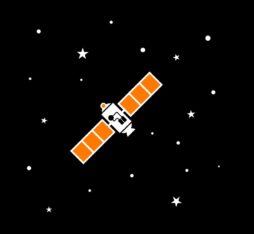
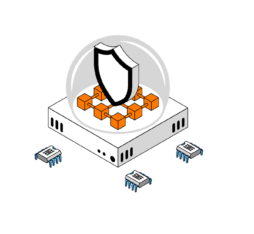

AI and cognitive sciences: can AIs be endowed with a human-like ability to generalize?
Discover
Seeking an ideal blueprint: the quest to deploy generative AI in companies
Discover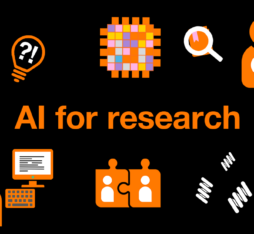
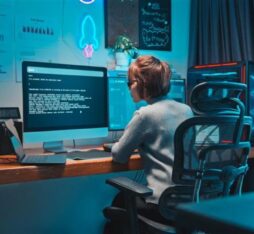
AI: challenges faced by developers of automated systems to moderate hate speech
Discover
Efficient, lightweight computer vision models for innovative applications
Discover